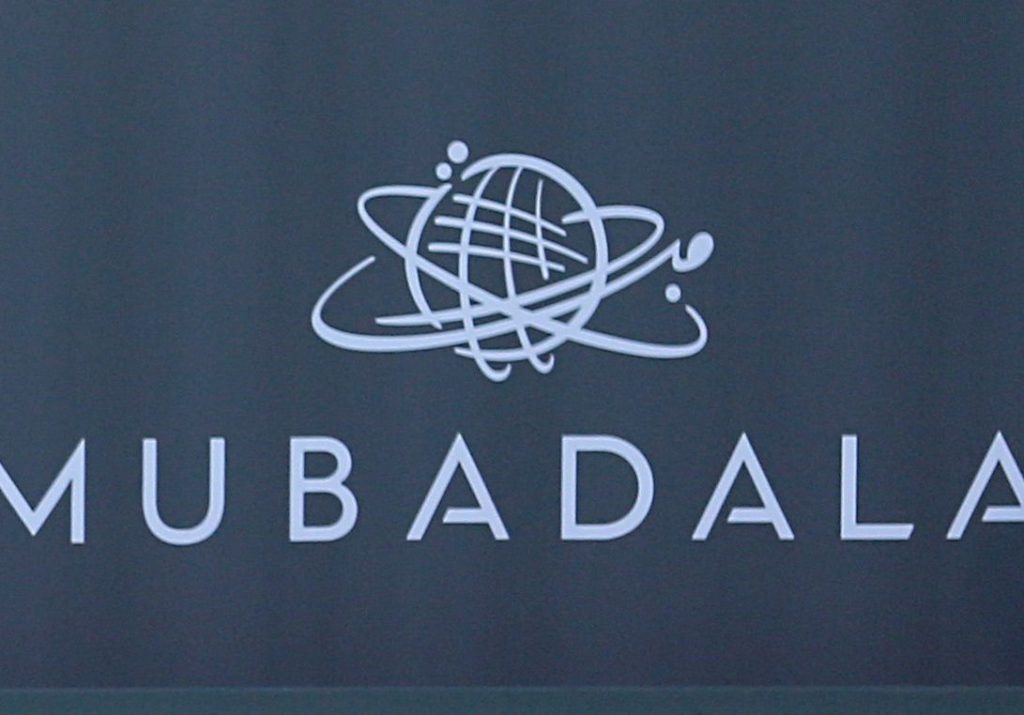(Bloomberg) — Two influential Middle Eastern wealth funds are for now planning to hold on to Russian assets worth billions of dollars, seen as strategic and long-term investments, people familiar with the matter said.
Abu Dhabi’s Mubadala Investment Co. and Qatar Investment Authority are taking a different approach to Norway’s $1.3 trillion sovereign wealth fund, which is starting a process to remove Russian assets from its portfolio.
The QIA, which has a roughly 19% stake in Rosneft PJSC, sees that investment as key to supporting Doha’s relationship with Moscow, the people said. Unlike BP Plc, which has said it will offload its stake in the Russian firm, the Qatari fund is under no pressure to sell, they said.
Mubadala has at least $3 billion worth of exposure to Russia, two of the people said, declining to be identified as the matter is private. Mubadala is unlikely to unwind its partnership with the Kremlin-run Russian Direct Investment Fund, or take steps that might hamper the relationship, despite the slump in Russian markets, the people said.
Read More: U.S. Bans Transactions With Russian Central Bank (1)
Mubadala declined to comment, and the QIA wasn’t available for comment.
“It’s part of a broader attempt by Gulf states to continue working with Russia where there are mutual interests,” said Rachel Ziemba, the New York-based founder of the advisory firm Ziemba Insights. “They are trying to balance the risk of secondary sanctions with their long-term relationships.”
Increasing Allocation
Middle Eastern investors have been increasing their allocation into Russia and the Commonwealth of Independent States over the past few years, according to data from Global SWF, while European and North American funds had already been divesting positions due to geopolitical risk.
Saudi Arabia’s Public Investment Fund, the QIA and Mubadala are among sovereign funds with the biggest exposure to Russia, the research firm said.
“Norway’s fund is subject to direct government restrictions on purchases of Russian assets and significant popular sentiment — two things the GCC funds are insulated by,” Ziemba said.
Gulf countries, especially the United Arab Emirates, are in a tricky position regarding Russia’s invasion of Ukraine. The UAE, one of Washington’s top Middle East allies, abstained on a United Nations resolution condemning Russia’s invasion of Ukraine on Saturday. It said the vote was a forgone conclusion and urged an end to the violence through dialog.
The UAE unveiled a foreign policy reset in September, saying it should serve its economic interests as a priority and targeting $150 billion in investments through deeper links with fast-growing economies.
Apart from investment, Abu Dhabi has deepened ties more broadly with Moscow in recent years as it hedges between global powers. It also sits with other Gulf producers in an OPEC+ oil alliance with Russia that meets on Wednesday with major implications for global energy markets.
Mubadala and the RDIF, have over the years agreed to cooperate in sectors including artificial intelligence, healthcare, transport and logistics. Last year, the Abu Dhabi fund said the RDIF participated in its deal to buy convertible bonds of messaging app Telegram, through “the Russia-UAE joint investment platform.”
Months later, the ex-wife of Russian billionaire Oleg Deripaska sold a 2.6% stake in the power and aluminum company En+ Group International PJSC to Mubadala.
(Adds deckheads, updates with quotes from 6th paragraph)
More stories like this are available on bloomberg.com
©2022 Bloomberg L.P.











